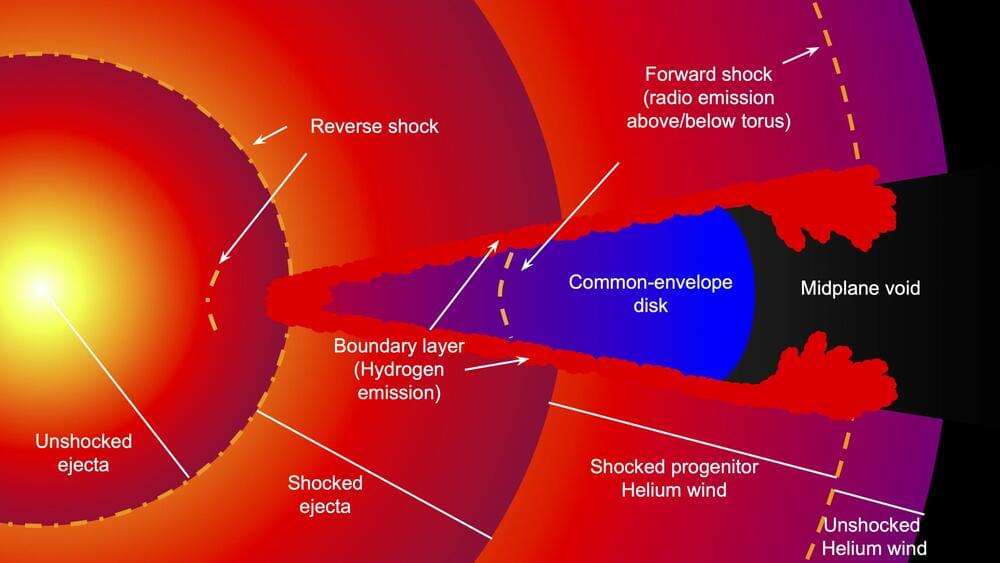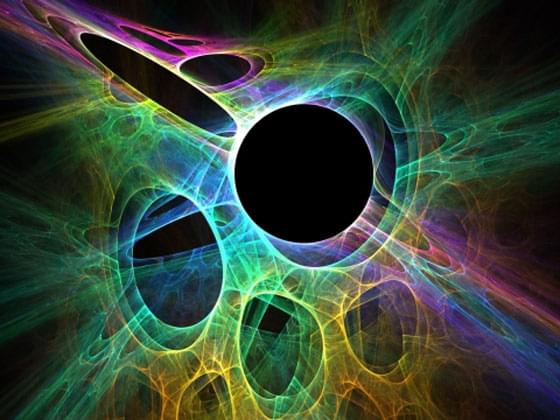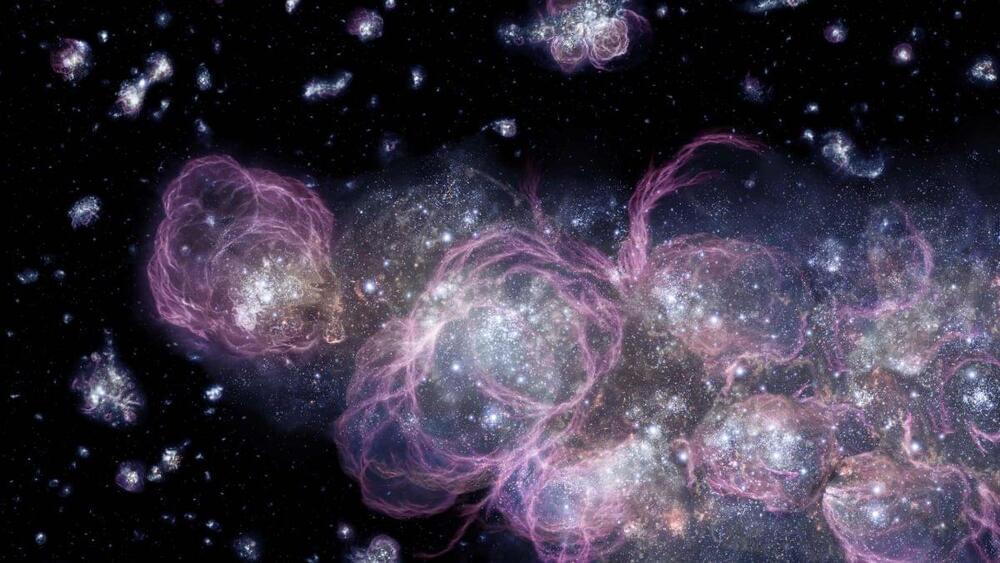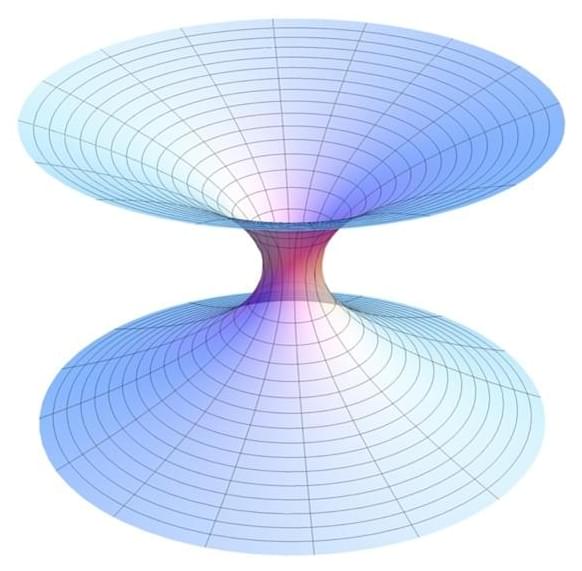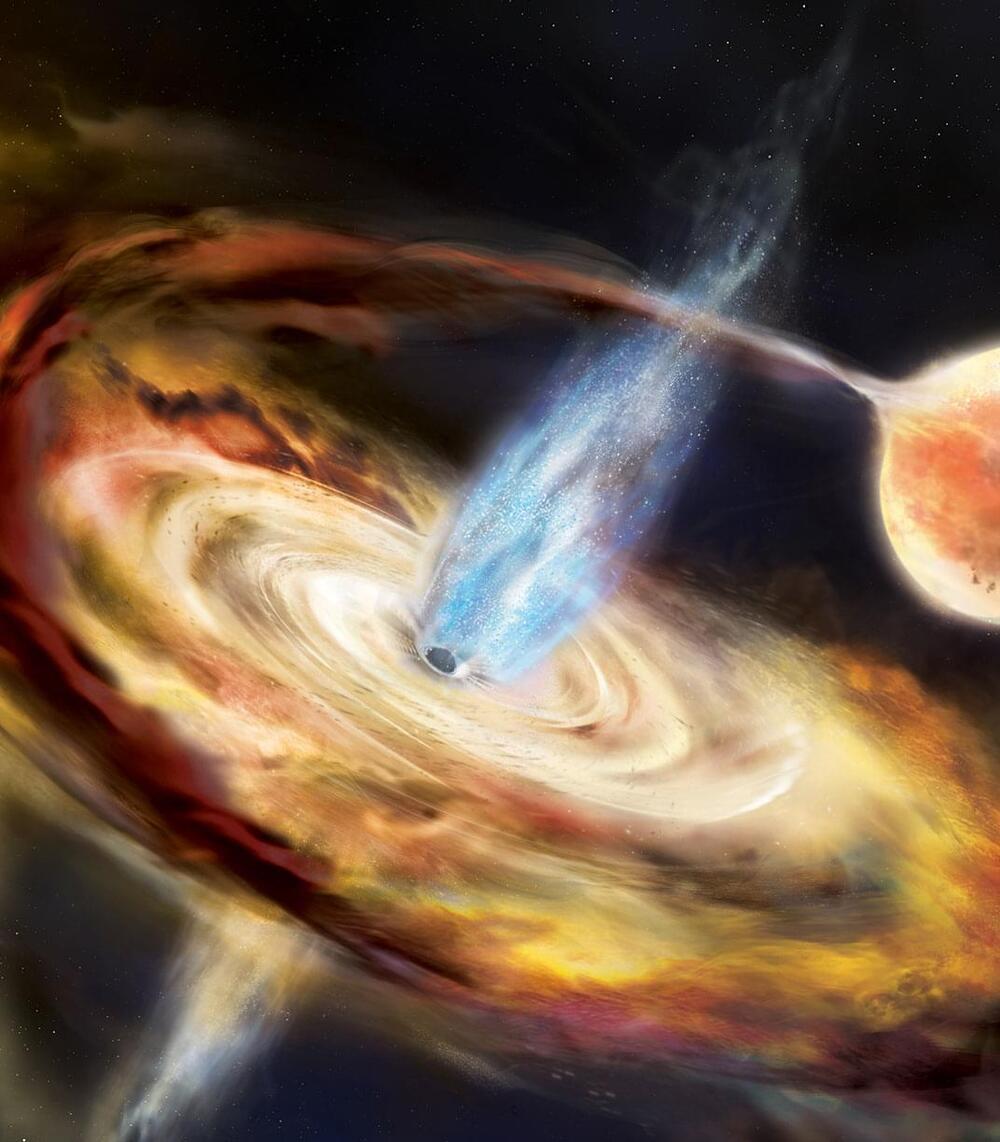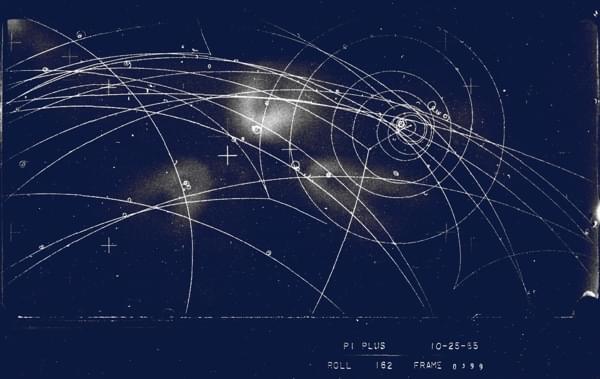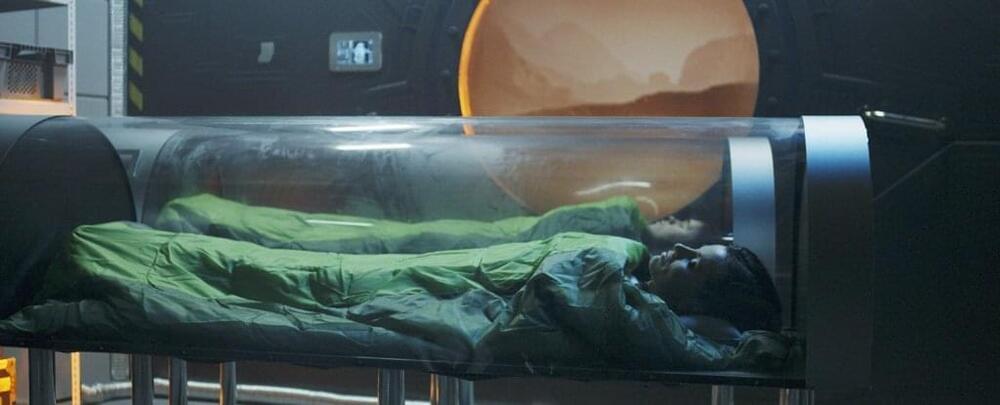May 7, 2022
Supernova reveals its secrets to team of astronomers
Posted by Genevieve Klien in categories: cosmology, time travel
An international group of astronomers led by Benjamin Thomas of The University of Texas at Austin has used observations from the Hobby-Eberly Telescope (HET) at the university’s McDonald Observatory to unlock a puzzling mystery about a stellar explosion discovered several years ago and evolving even now. The results, published in today’s issue of The Astrophysical Journal, will help astronomers better understand the process of how massive stars live and die.
When an exploding star is first detected, astronomers around the world begin to follow it with telescopes as the light it gives off changes rapidly over time. They see the light from a supernova get brighter, eventually peak, and then start to dim. By noting the times of these peaks and valleys in the light’s brightness, called a “light curve,” as well as the characteristic wavelengths of light emitted at different times, they can deduce the physical characteristics of the system.
“I think what’s really cool about this kind of science is that we’re looking at the emission that’s coming from matter that’s been cast off from the progenitor system before it exploded as a supernova,” Thomas said. “And so this makes a sort of time machine.”
